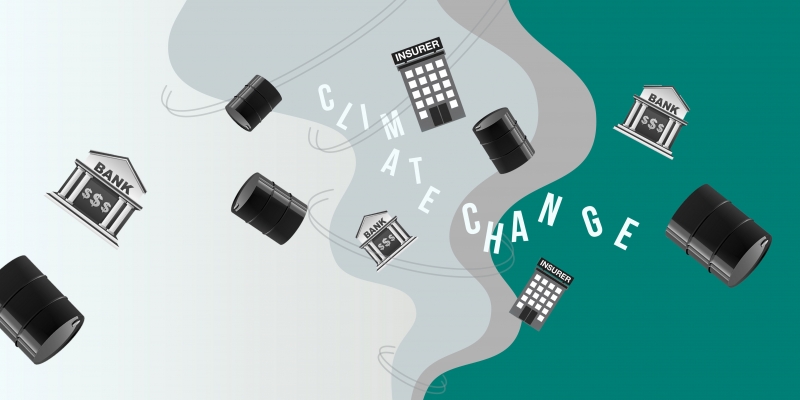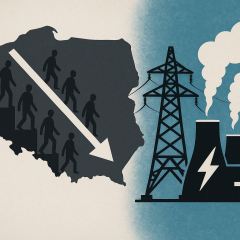The One-for-One Rule: A way for COP26 ambitions to manifest in policy
As world leaders gather at the United Nations Climate Change Conference in Glasgow (COP26), plans will be laid out to address climate risks and create a low-carbon economy.
Yet even while this plan should be straightforward, huge new fossil fuel exploration and extraction projects are being financed across the world.
With the transition to net zero, fossil fuel assets of banks and insurers will rapidly diminish in value or become entirely worthless.
Massive losses will follow for financial institutions, which could result in them requiring bailouts, paid for by the public.
In the meantime, more frequent and severe natural disasters mean that insurance companies face huge claims, and financial institutions are exposed to financial losses through assets and business operations that are destroyed.
There is a solution.
A growing number of experts are proposing a simple solution to this impending crisis: implementing one-for-one capital requirements for the financing of new fossil fuels.
This is a form of financial regulation that means for each euro/dollar that finances fossil fuels, banks and insurers should have a euro/dollar of their own funds held liable for potential losses.
This basic risk management principle is already applied to other high risk exposures. For example, the Basel Committee just recommended the one-for-one be applied to some cryptocurrencies’ exposures.
Financing fossil fuels poses a far bigger threat to the entire global economy.
We believe regulators must act immediately.
A one-for-one regulatory standard for financing new fossil fuels projects would mean that banks and insurance companies are gambling with their own money, and not the public’s money.
The current capital rules ignore the risk of financing fossil fuels, making fossil fuel exposures artificially more profitable – which equates to a subsidy.
This is on top of the $1.54 million in direct subsidies and tax breaks the fossil fuel industry gets from governments every single minute.
Markets are notoriously bad at self-correcting, as we discovered in 2008.
Voluntary measures by financial institutions will not be sufficient, as there are limited incentives for financial institutions to change their behaviour as long as profits can be made in the short- term while ignoring climate-related risks.
A one-for-one standard is the robust regulation needed to prevent advantages for banks and insurers to finance fossil fuels. It is a way to guide the market away from mutually assured destruction.
We’re calling on world leaders to take action now and protect us from a potential financial crisis.
Read our open letters and get involved in the One-for-One campaign.
Find out more about the proposal for banking and insurance








